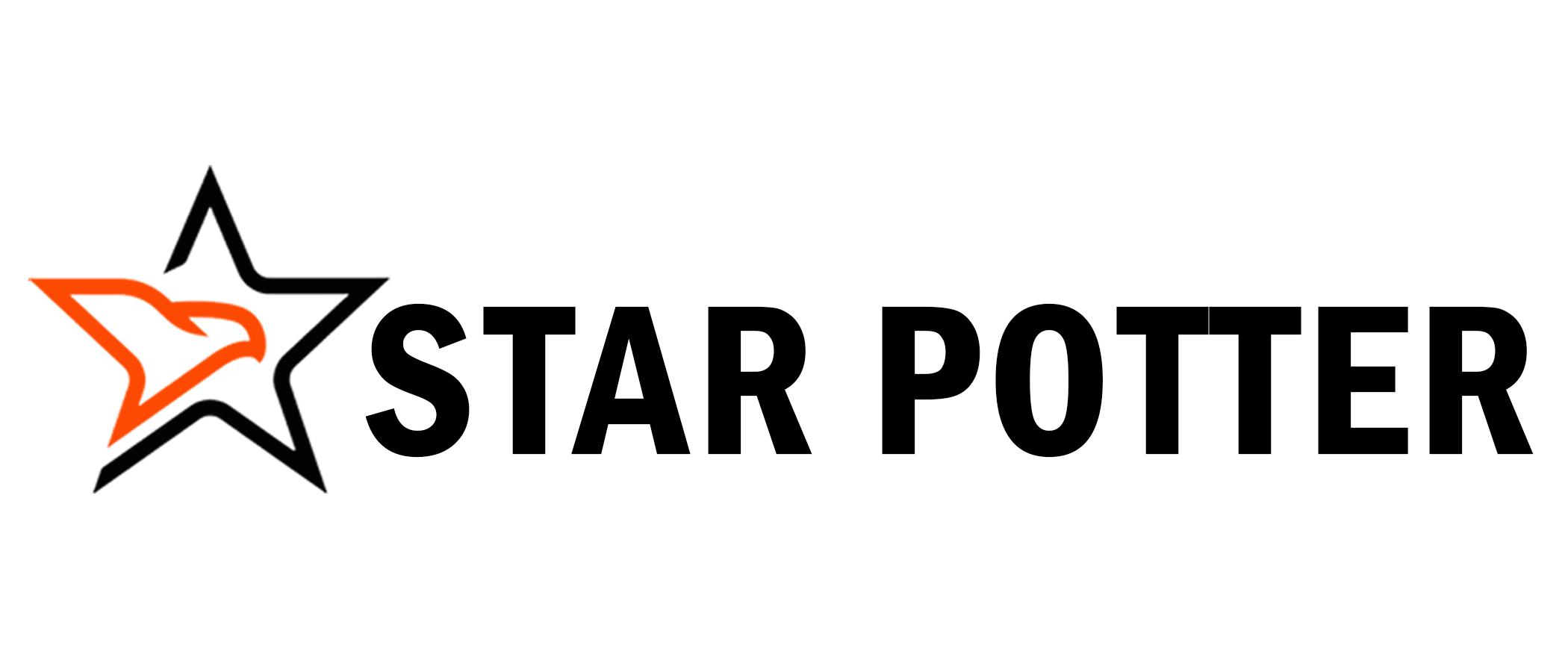Nigerians to pay more for goods as FG increases port tariff by 15%

The Federal Government through the Nigerian Ports Authority (NPA) has announced a 15% upward review of its port charges, citing the need for competitiveness and infrastructural development.
The Managing Director of the NPA, Dr. Abubakar Dantsoho, made this disclosure during a maritime stakeholders’ meeting held in Lagos on Thursday.
According to him, this adjustment, the first in 32 years, aims to address significant infrastructure deficits and improve port competitiveness.
The increased revenue will be used for modernising port facilities, acquiring new equipment, and enhancing ICT systems.
The NPA boss highlighted that globally, port authorities depend on revenue from operations to stay alive to their responsibilities.
Dantsoho explained that the global index of port rating and competitiveness which the international trade community relies on for its choice of countries to do business with, derives its data from how well the aforementioned responsibilities are addressed.
He pointed out that coming at this period of global economic upheaval and scramble for markets, “this belated tariff review borne out of necessity constitutes a critical success factor in Nigeria’s quest to win back cargo handling business and its accompanying benefits including job opportunities it had lost to its maritime neighbours.”
Dantsoho said the high incidence of unreceipted costs due to unduly high human interface, bureaucratic bottlenecks, and functional overlaps resulting from the absence of a Port Community System and its corollary, the National Single Window, is responsible for this contrived falsehood.
“Although long overdue, a quick win benefit of the NPA’s tariff review for stakeholders is the immediate boost it gives to the authority to fast track the commencement of actual works on its concluded port reconstruction and modernisation plans,” he said.
He said that the tariff review provides the necessary guarantees to fund the acquisition and urgent deployment of the information communications technology backbone of the PCS which is the precursor to the implementation of the NSW.
The NPA boss added that the move would also increase revenue generation arising from the review buoys the authority’s capacity for critical maintenance works to open up the eastern ports for increased vessel and cargo traffic such as the reconstruction of collapsed Escravos breakwaters and challenged aspects of Rivers, Onne and Calabar ports.
Meanwhile, analysts has expressed fear that this move could exacerbate economic hardship by passing higher costs onto consumers through increased prices of imported goods.
However, some stakeholders support the increase as essential for improving port efficiency and competitiveness globally.
Reacting to the development, the Head of the Department of Shipping and Terminals at the National Association of Government Approved Freight Forwarders, Mr Ukochukwu Nnadi, said the 15 per cent hike in ports tariff would lead to a rise in the cost of doing business nationwide.
“Definitely it will add to the cost of doing business because every kobo added to doing any particular thing, no matter what the thing is, will be passed to the customers, and the customers in this case are the stakeholders.
“As the NPA wants to add cost, even if it’s a kobo to their changes to the operators, it will be passed to customers sooner or later; it is as easy as that. So it is going to add to the cost of doing business,” he said.
Also speaking, the National Protocol Officer of the Association of Nigerian Licensed Customs Agents, Mr Riwane Amuni, said the hike in tariff would add to the cost of doing business.
He noted that the reason why operators are silent about it is because it’s been a long time since the NPA reviewed its tariffs.
“It will definitely add to the cost of doing business because it is an additional tax on the masses. But the reason people are not really talking about this is because it has been a long time since they increased tariffs. That’s why the noise is not much.
“But all things being equal, it is still an additional cost. Because all these things you are seeing, like the additional tariff or input, will tell on the customers because whatever the importers spend they will put it on the masses,” he said.
Earlier during the event with the NPA, a stakeholder, Joshua Asanga, agreed with the increase, adding that the value of NPA’s present tariff had since been suppressed by inflation.









